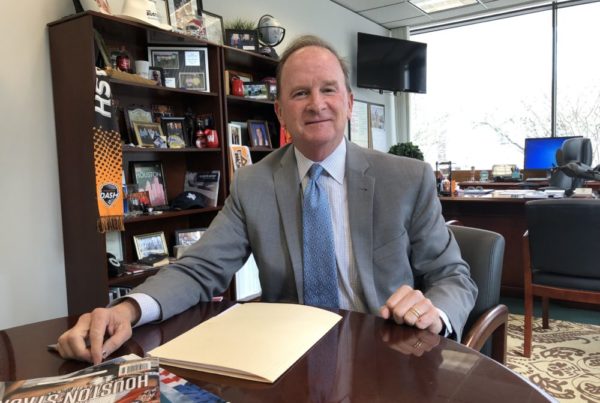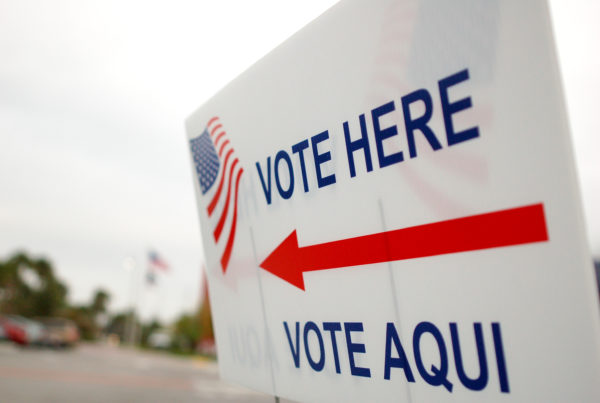Petition elections, which can be filed by anyone – even those who aren’t residents of a particular municipality – are becoming more popular in Texas, and have the potential to dramatically influence local politics.
Philip Jankowski, Austin American-Statesman city hall reporter, says, “Anecdotally, we are seeing more and more of these, and more high-profile ones, especially here in Austin over the past couple of years. And more lately in Houston and San Antonio, just this past November.”
The most impactful one, he says, was a successful petition election in November in Houston that aligned firefighters’ pay with that of city police. But there was criticism, including from the mayor, Jankowski says.
“Mayor Sylvester Turner has said that its passage is going to lead to layoffs of hundreds of city employees, including police officers and firefighters,” Jankowski says.
In Austin, petitions have aimed to do away with a soccer stadium deal and ride-hailing companies.
“I think everyone can remember the big Uber and Lyft election that Austin had a couple years ago … that was [also] triggered by a petition,” Jankowski says.
On one hand, petition elections allow residents to be more closely and directly involved in major city decisions, but there can be a downside.
“Here in Austin, the 20,000-person threshold has been criticized by our mayor and others as just something too easy to accomplish … something that anyone with pretty deep pockets could accomplish with paid workers,” Jankowski says.
Jankowski also says some petitions are for complicated or esoteric things that the general public may not understand.
“The people that will be voting in an election on this really won’t have the time to really jump into the weeds on some of these policy issues,” he says. “You just have a problem with an uninformed electorate voting on something that really should be left to elected officials.”
State Sen. Joan Huffman has filed legislation this session that could change petition elections; her bill would require, in some cases, that a Texas appellate court review whatever the city approved as its ballot language, and then either approve or reject it. If successful, this change could add more structure to a process that more Texans are using to promote their interests.
Written by Brooke Reaves.

















